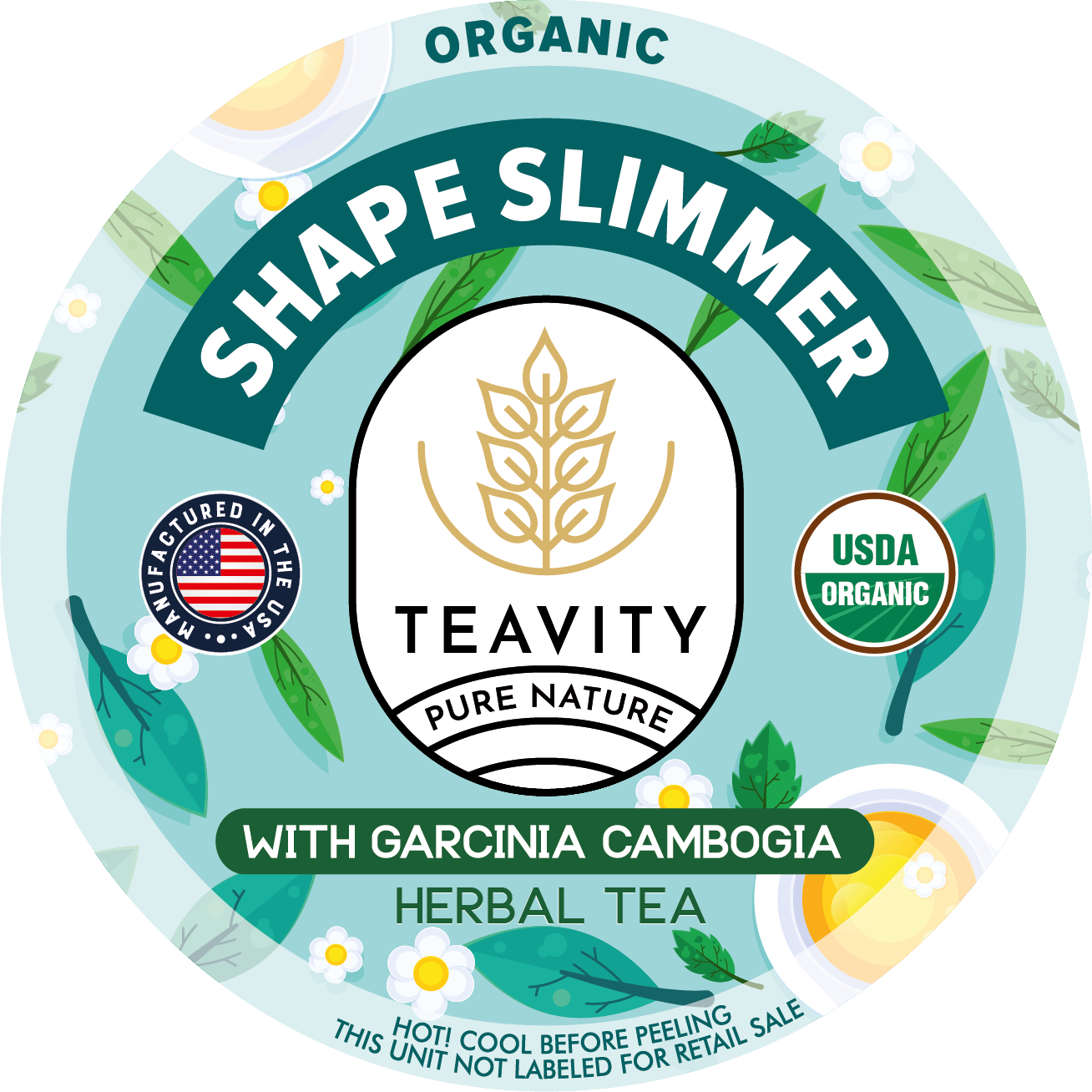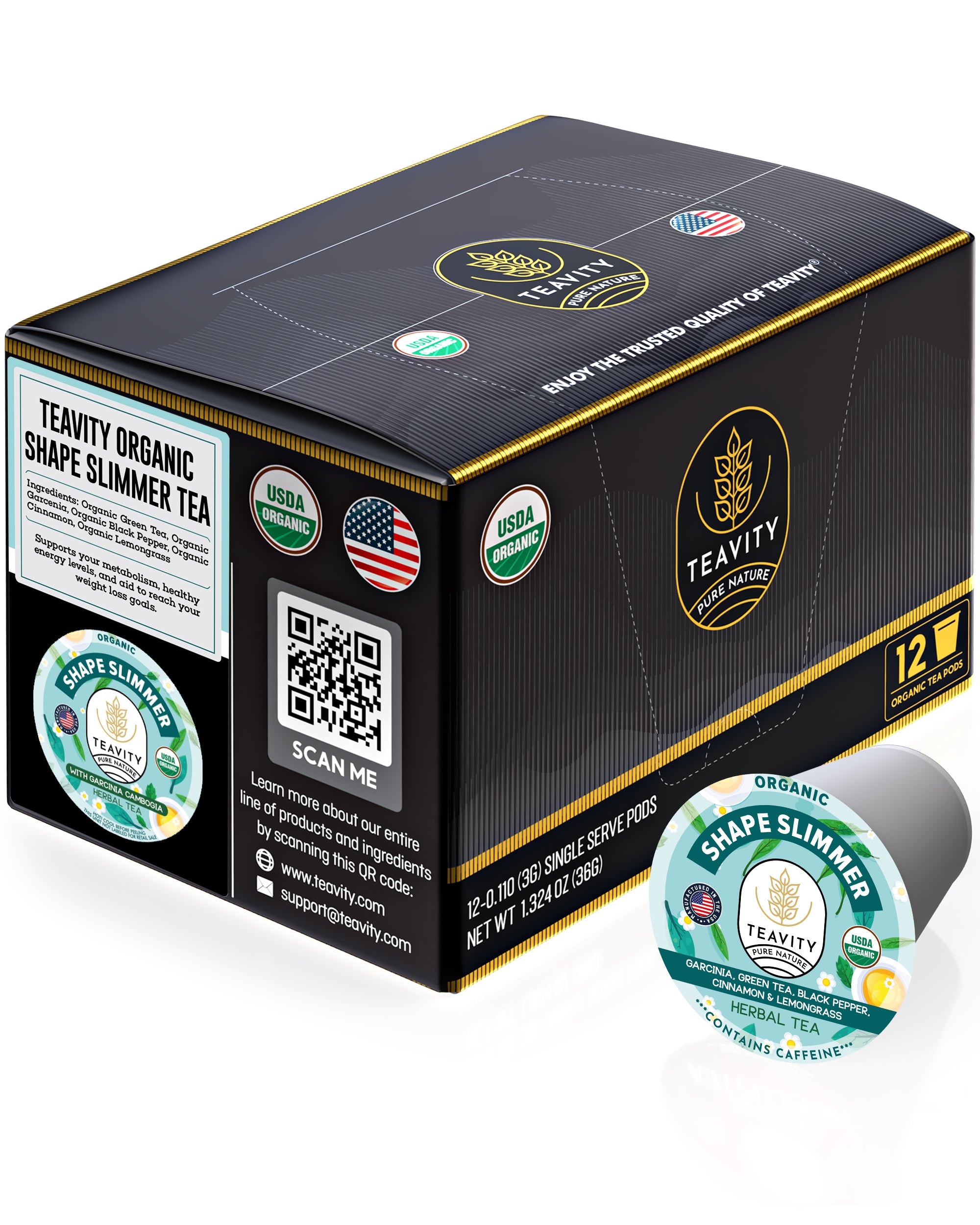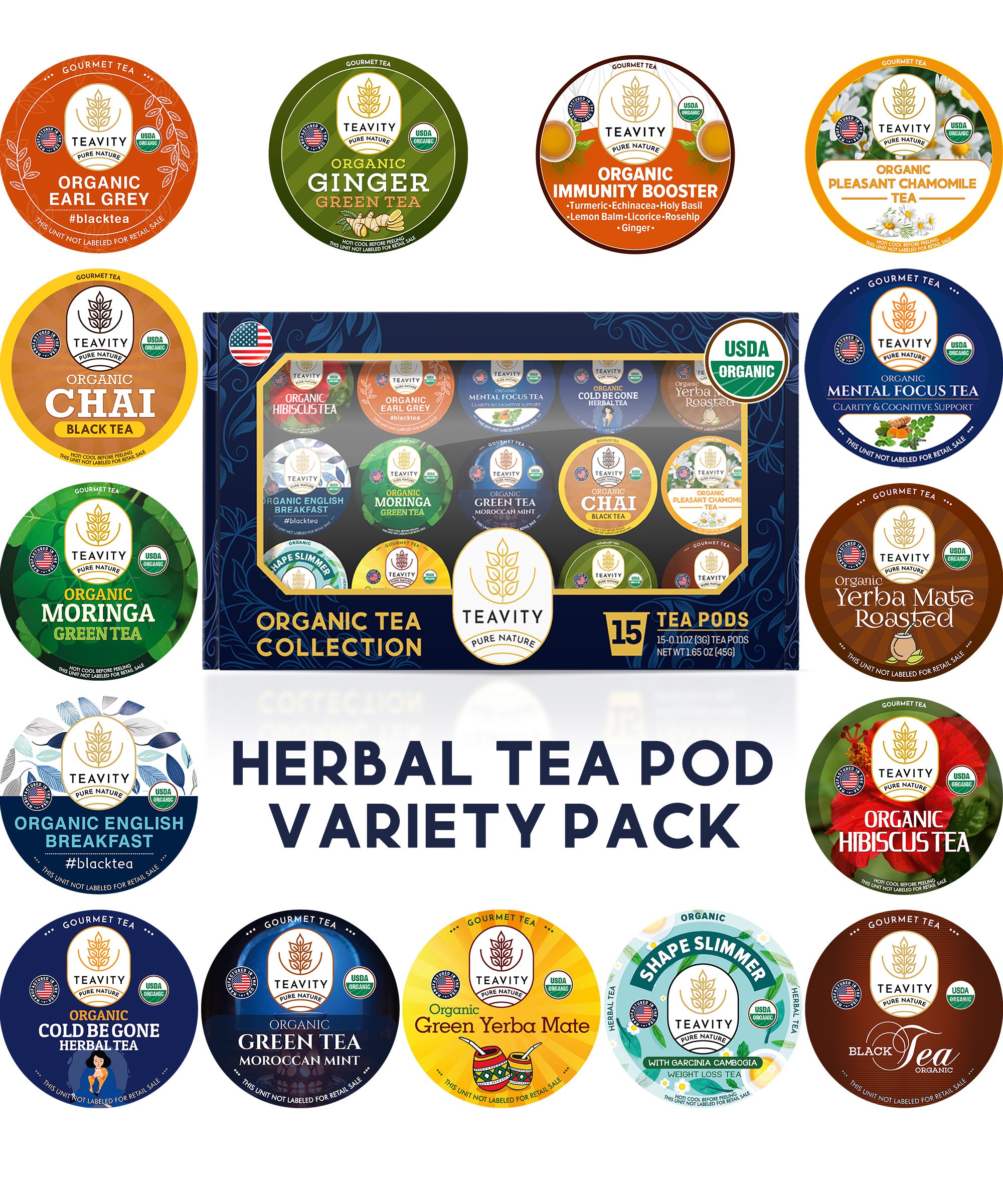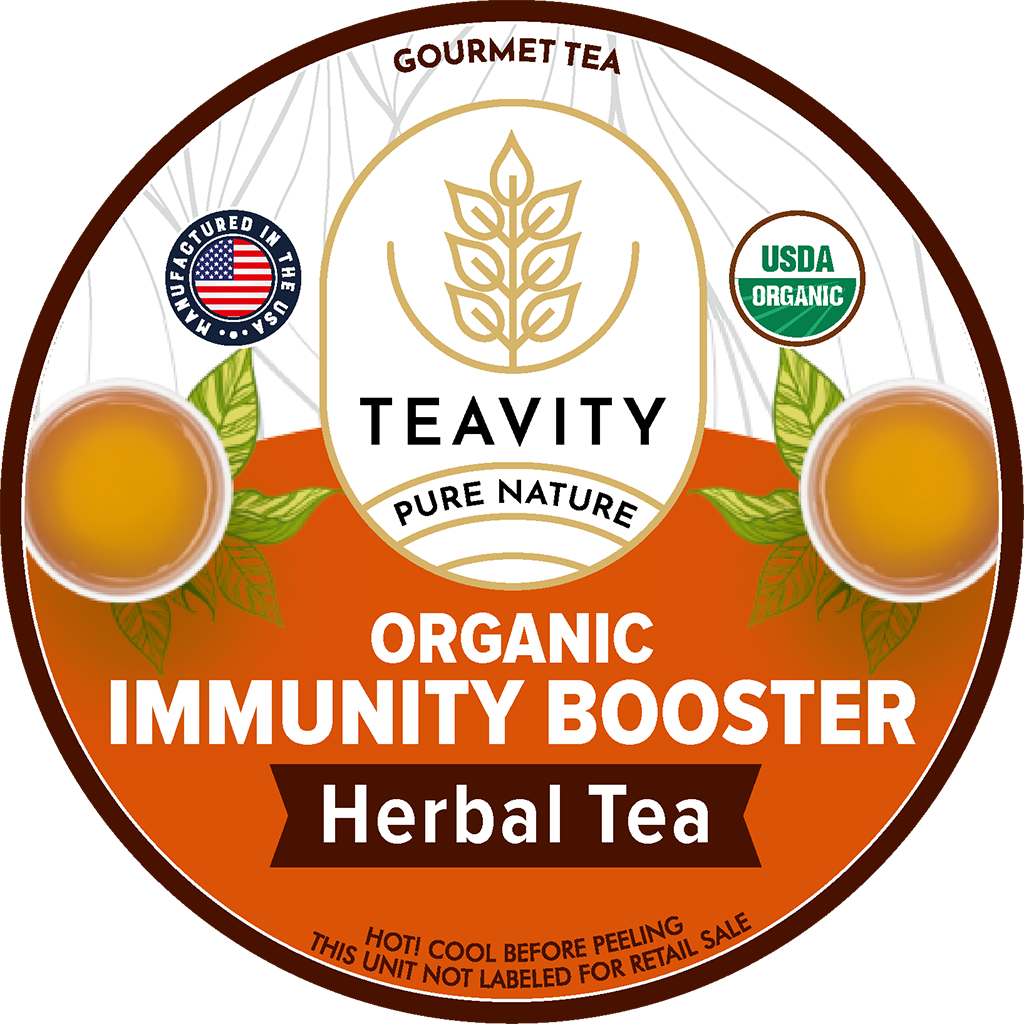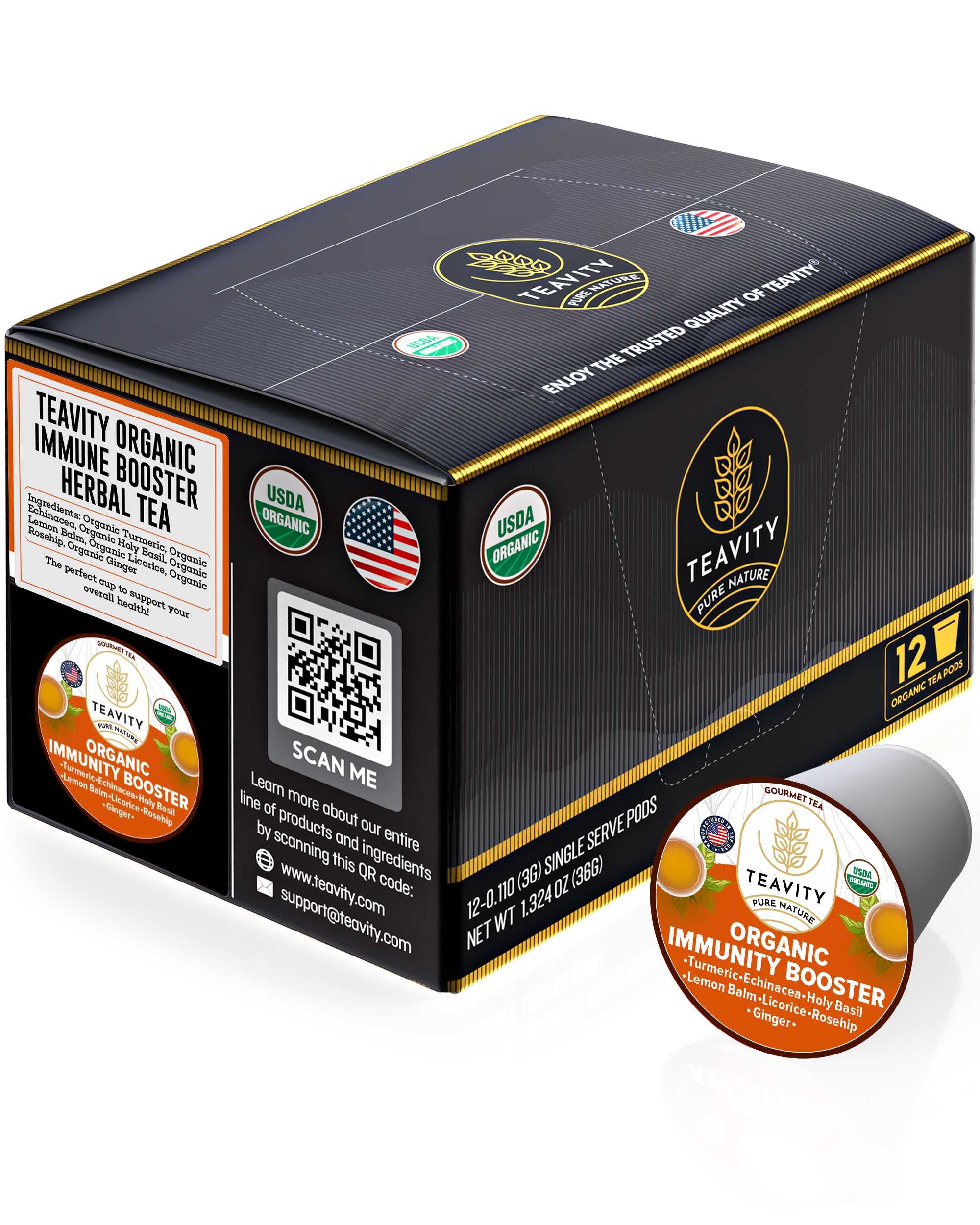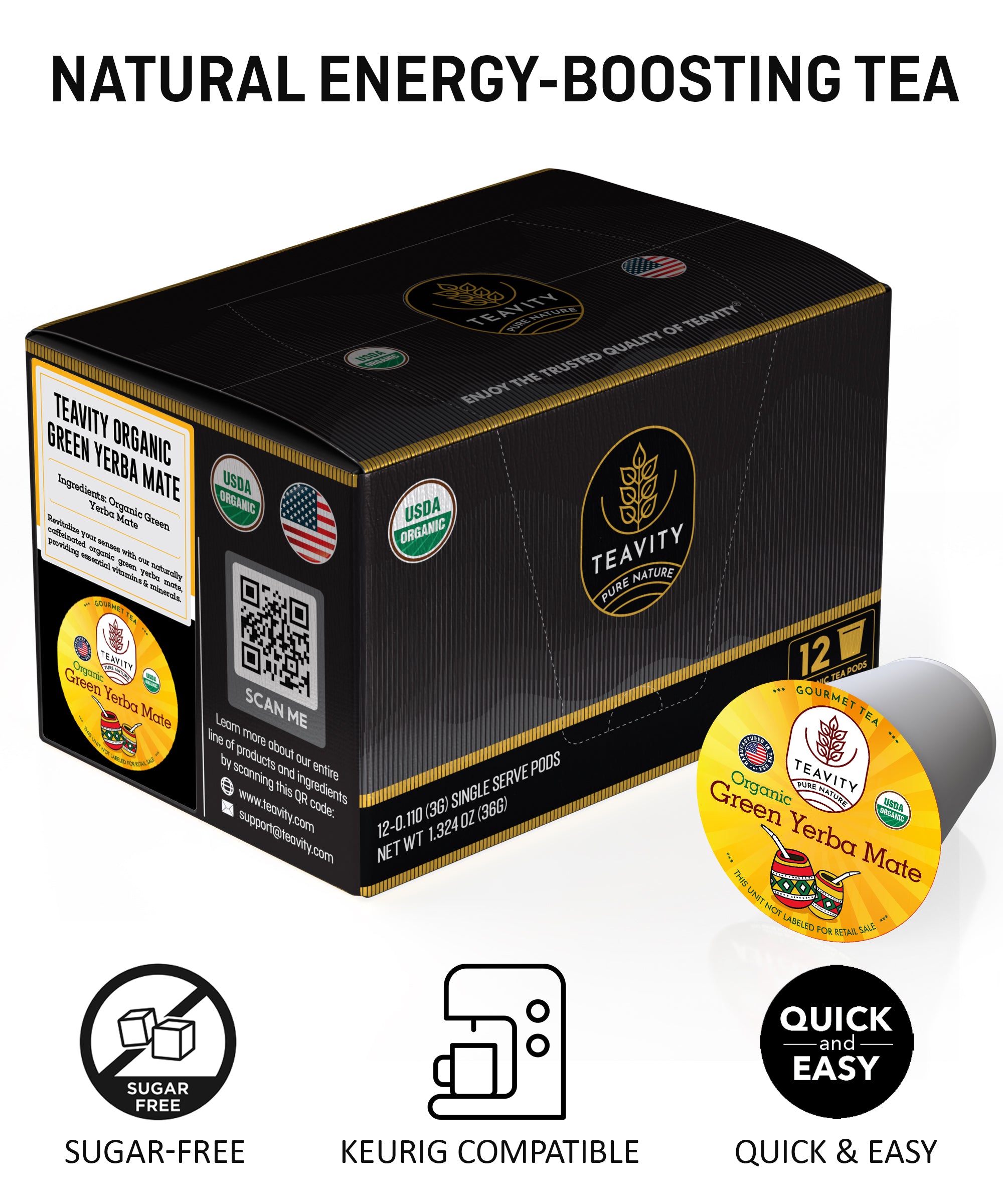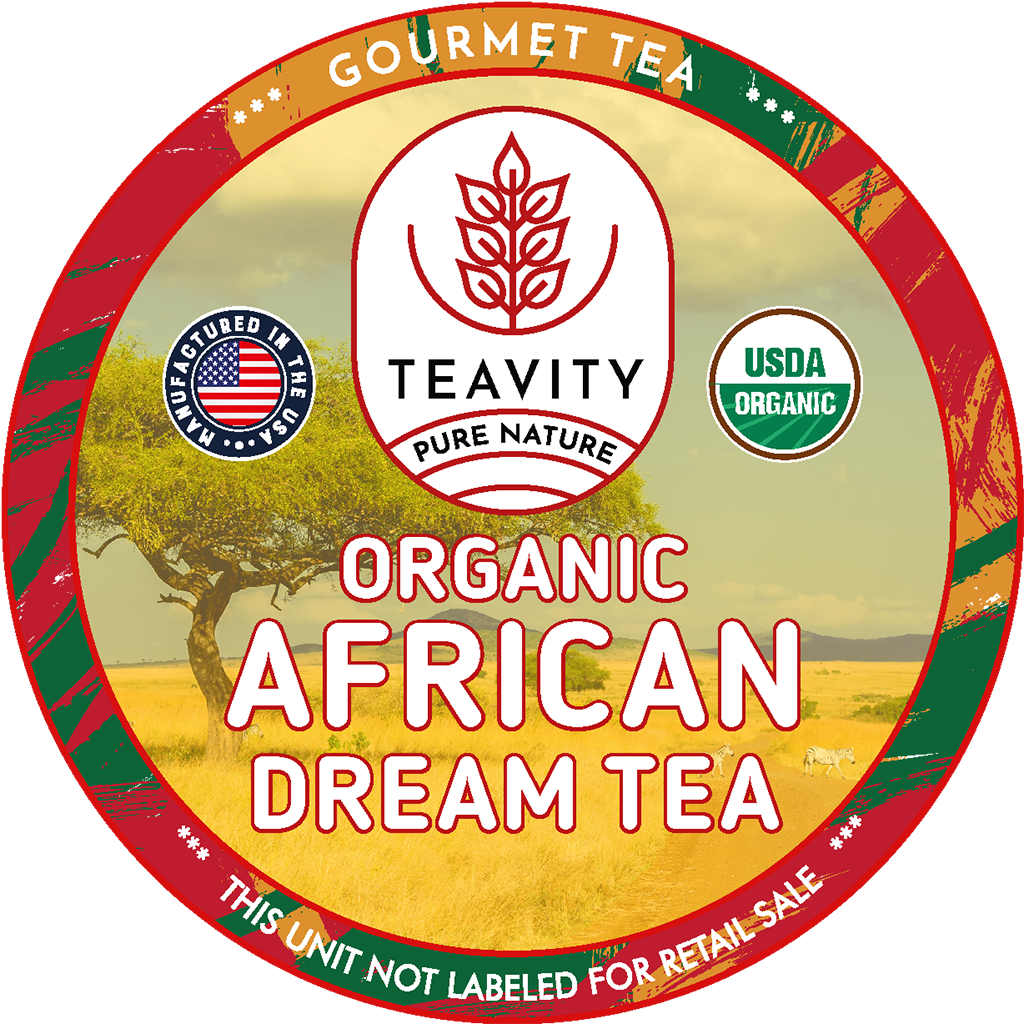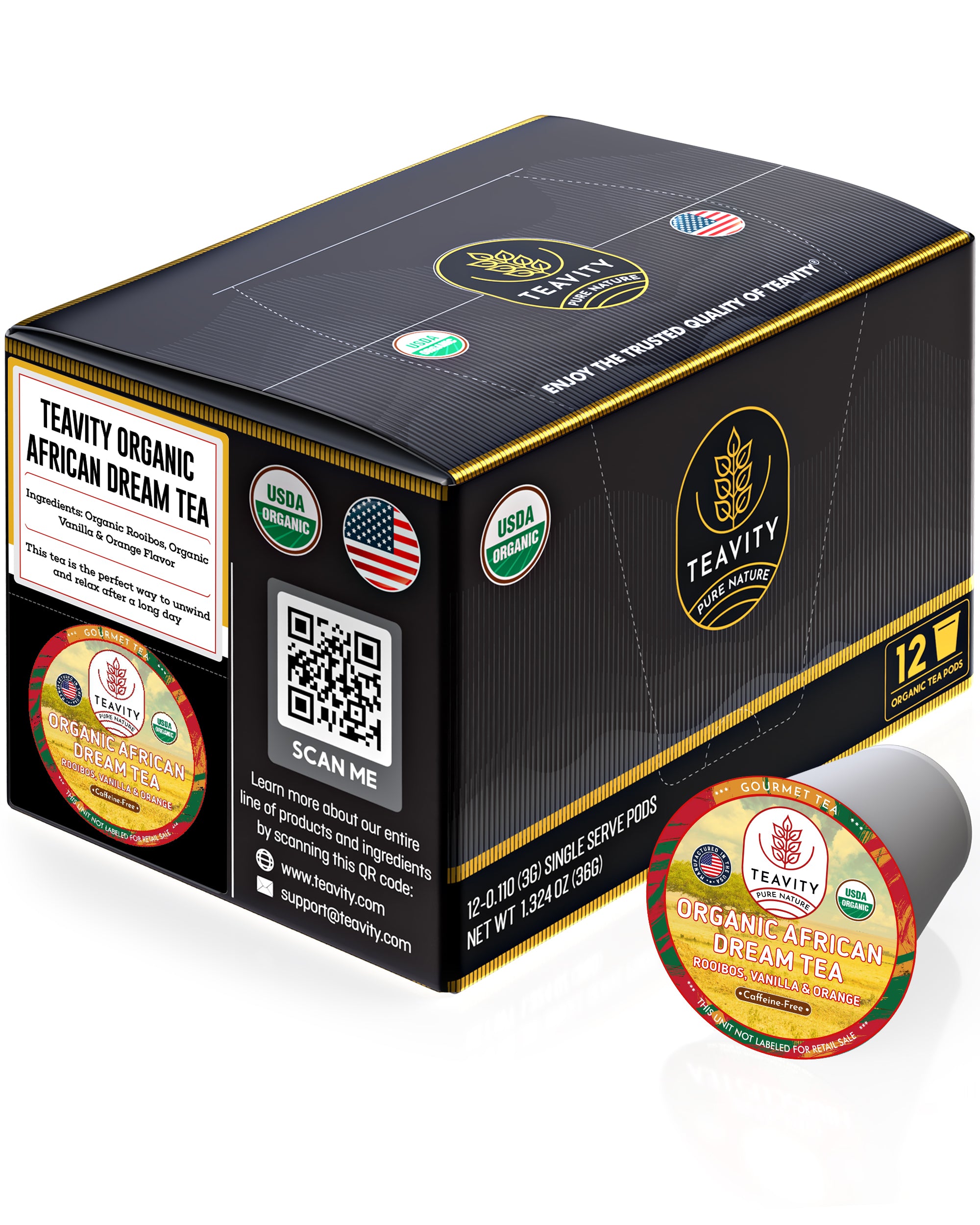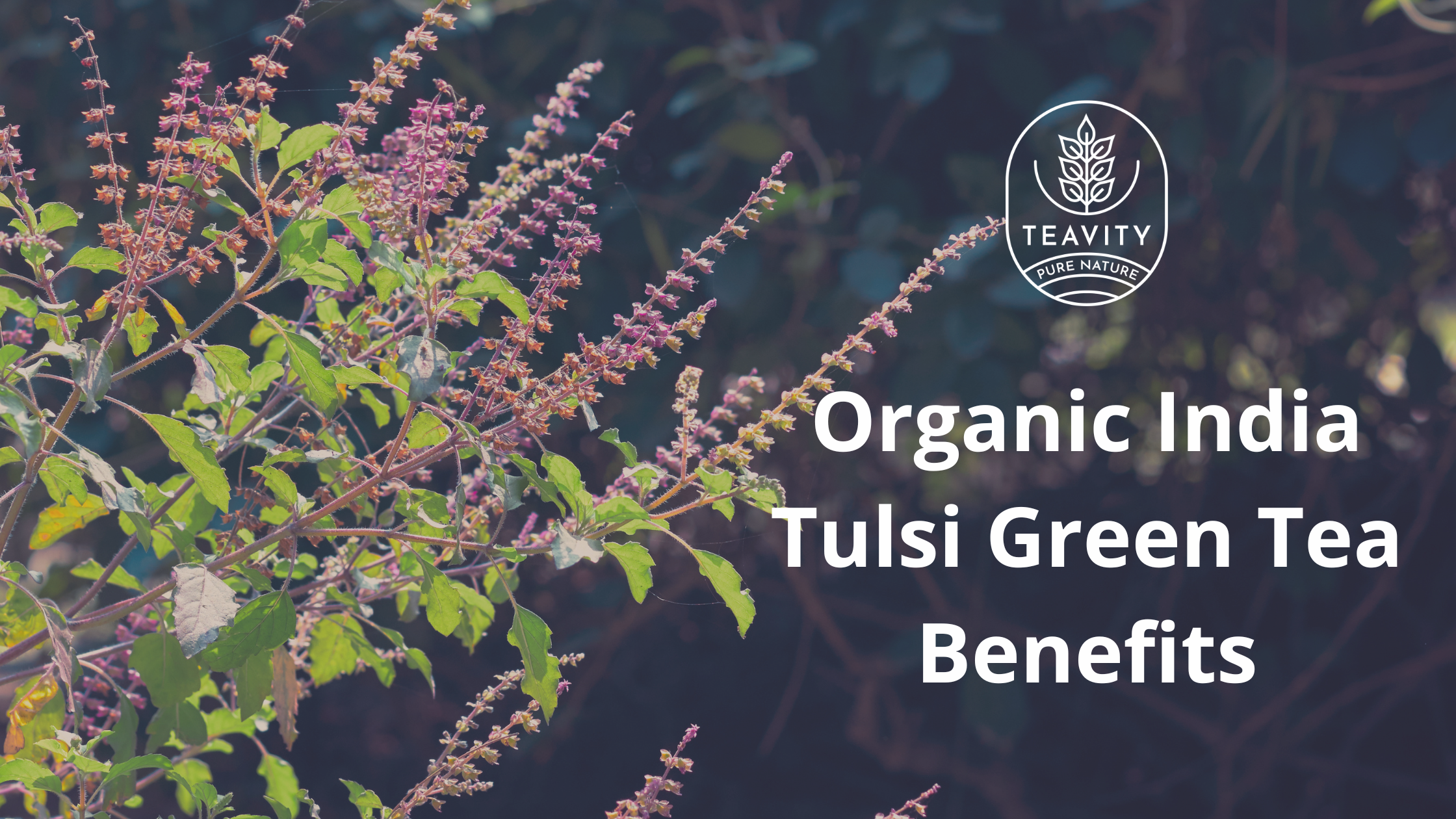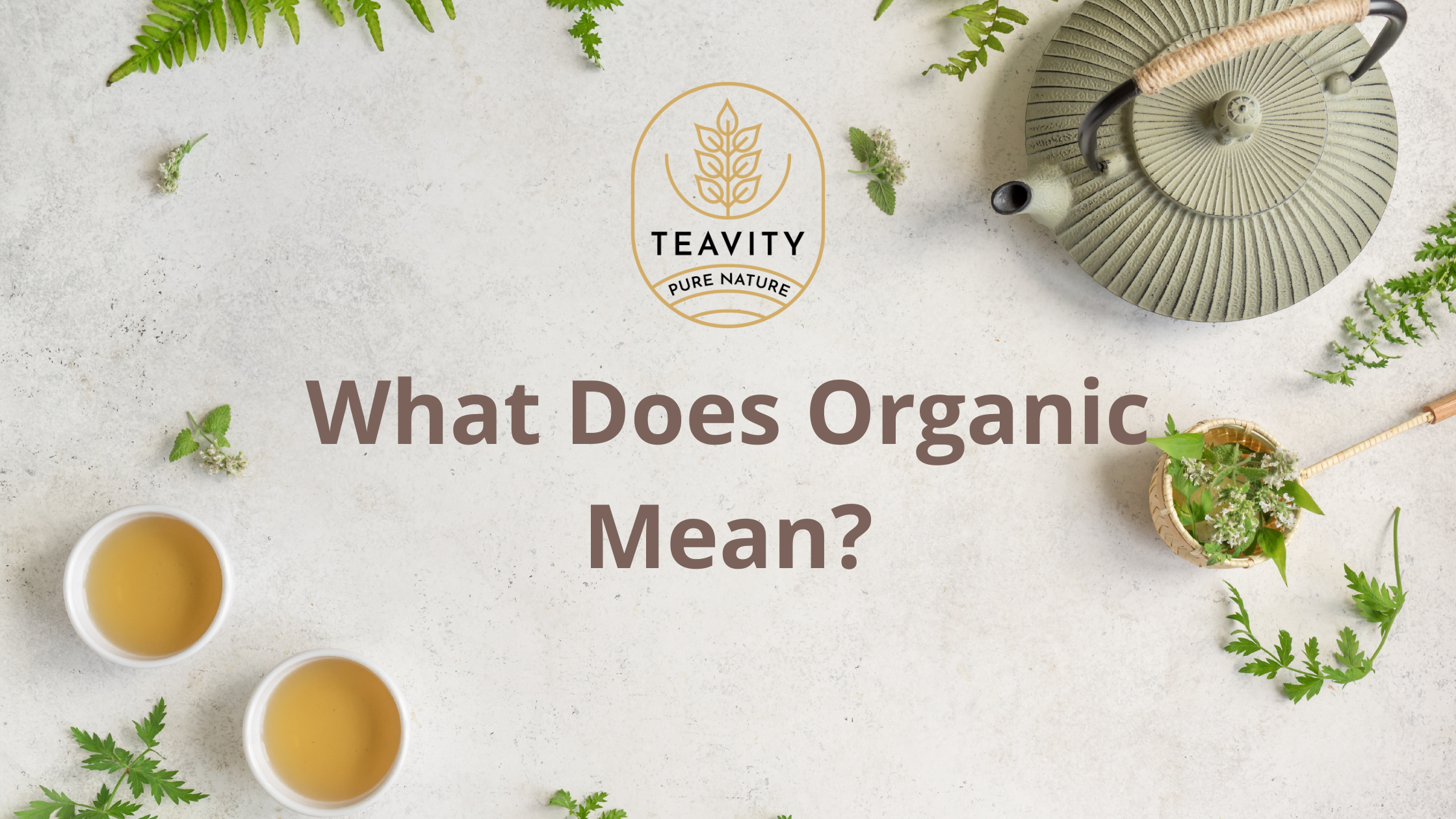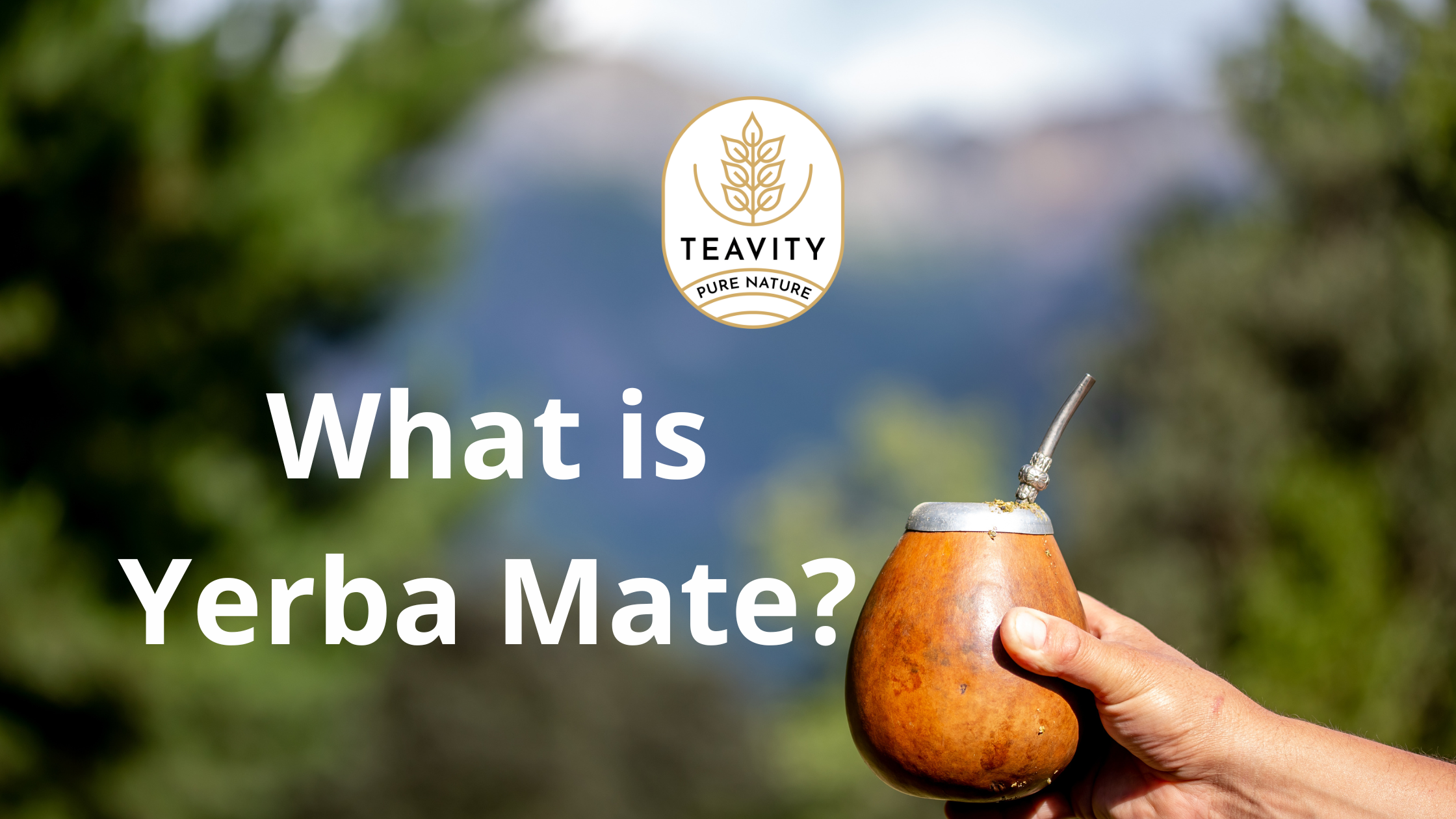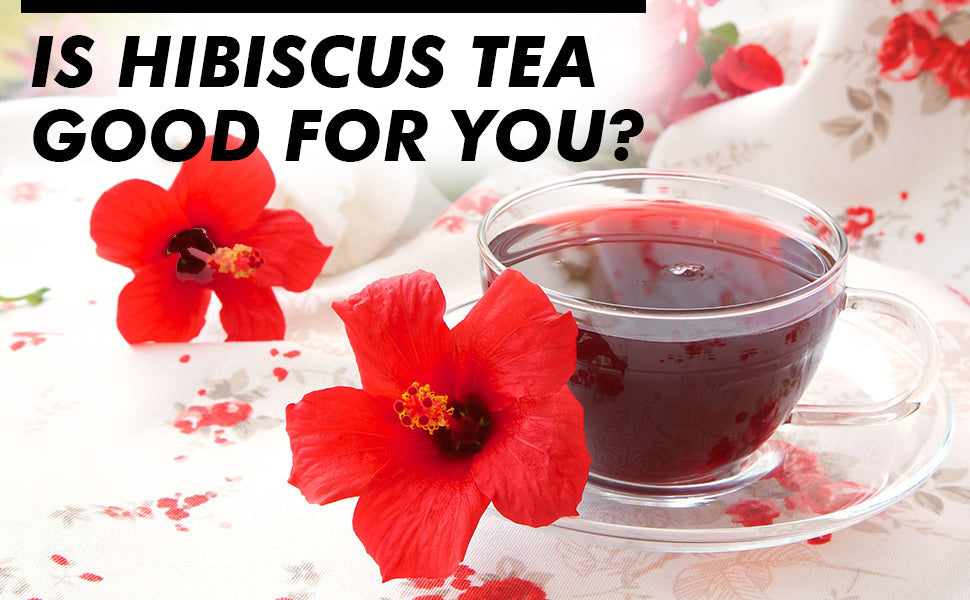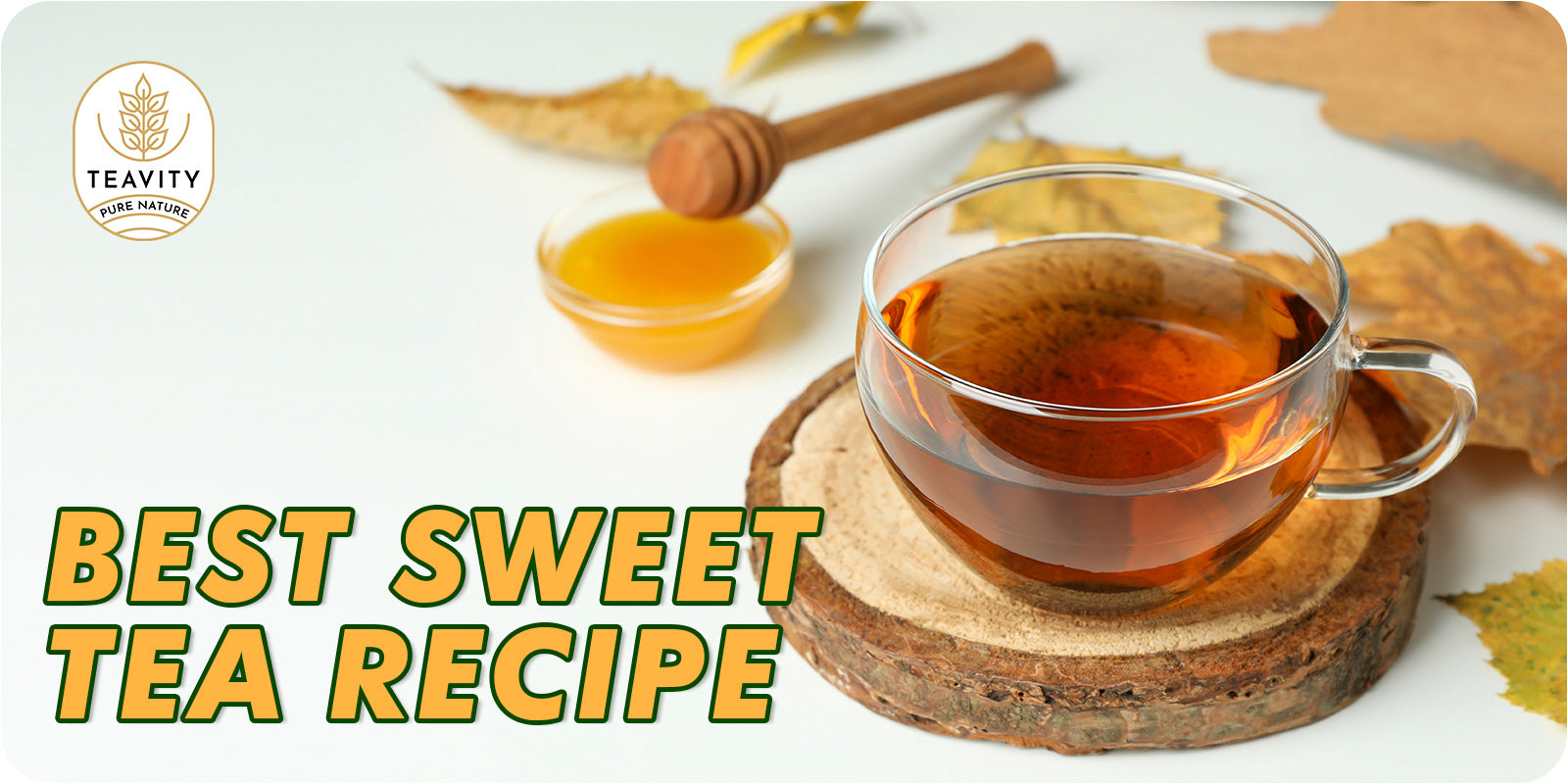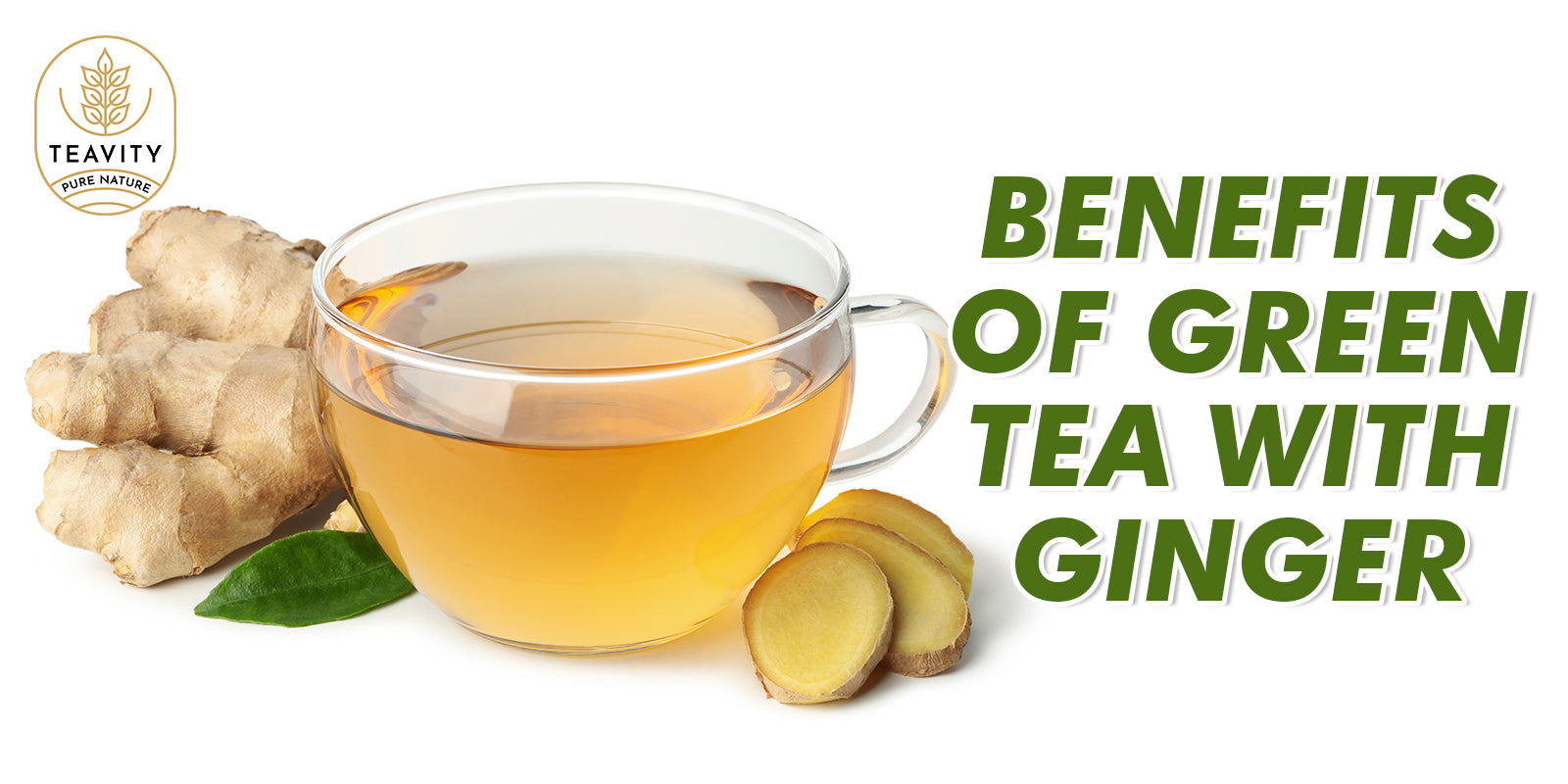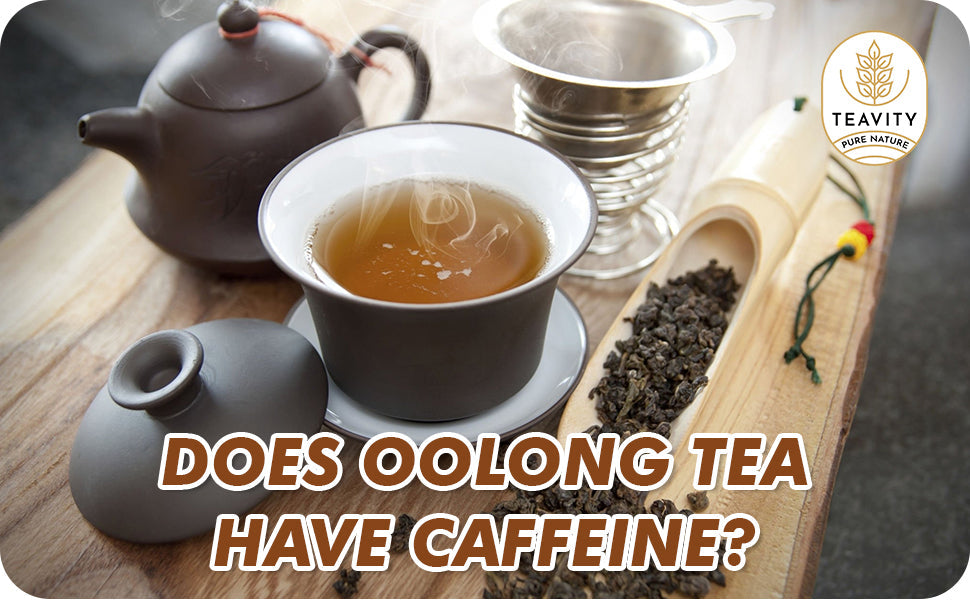
Does oolong tea have caffeine?
Introduction:
Oolong tea is a traditional Chinese tea with a unique taste and numerous potential health benefits. One question that often arises is whether oolong tea contains caffeine. In this article, we'll explore the caffeine content in oolong tea, discuss its potential benefits, and provide tips on brewing oolong tea to reduce caffeine levels.
What is Oolong Tea?
Oolong tea is a partially fermented tea that falls between black and green tea in terms of oxidation. It is known for its diverse flavors, ranging from fruity and floral to roasted and earthy. Oolong tea originates from China and Taiwan and has gained popularity worldwide due to its unique characteristics.
Caffeine Content in Oolong Tea:
A. Does Oolong Tea Contain Caffeine? Oolong tea does contain caffeine. However, the caffeine content can vary depending on several factors, including the tea leaves, brewing time, and water temperature.
B. How Much Caffeine is in Oolong Tea? On average, oolong tea contains around 30-50 milligrams of caffeine per 8-ounce cup. This is significantly less than black tea but slightly more than green tea. However, the caffeine content can differ based on the specific oolong tea variety and preparation method.
C. Factors Affecting Caffeine Levels in Oolong Tea The caffeine levels in oolong tea can be influenced by various factors:
- Tea Leaves: The type and quality of tea leaves used affect caffeine content.
- Oxidation: Oolong teas with higher oxidation levels tend to have lower caffeine content.
- Brewing time: Longer steeping times can result in higher caffeine extraction.
- Water Temperature: Hotter water temperatures generally extract more caffeine.
Benefits of Oolong Tea:
Aside from its caffeine content, oolong tea offers potential health benefits. Some of these include:
- Antioxidant Properties: Oolong tea is rich in antioxidants, which may help reduce oxidative stress and promote overall well-being.
- Metabolism Boost: Some studies suggest that oolong tea may enhance metabolism and support weight management.
- Heart Health: Regular consumption of oolong tea has been associated with a reduced risk of heart disease and improved cardiovascular health.
How to Brew Oolong Tea to Reduce Caffeine Content:
To reduce the caffeine content in your oolong tea, follow these steps:
- Choose a lightly oxidized oolong tea variety.
- Use a lower tea-to-water ratio.
- Opt for shorter steeping times.
- Brew with slightly cooler water temperature.
- Consider rinsing before brewing to remove some of the caffeine.
Conclusion:
Oolong tea contains caffeine, but the levels are moderate compared to those in black tea. The specific caffeine content can vary based on various factors. By understanding these factors and adjusting your brewing methods, you can enjoy a cup of oolong tea with a lower caffeine content. Explore the potential benefits of oolong tea and experiment with different varieties to discover your ideal brew. Cheers to your enjoyment and well-being with tea!
